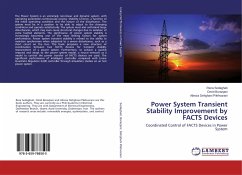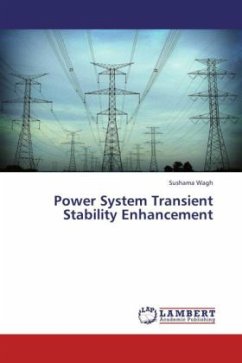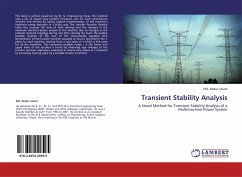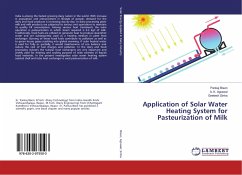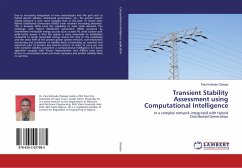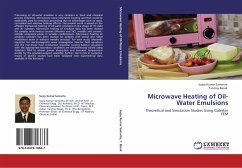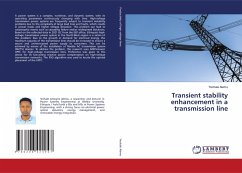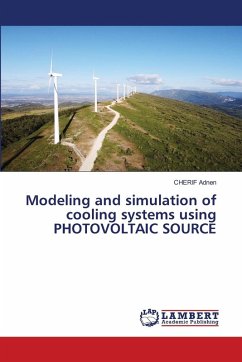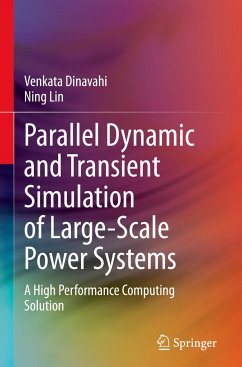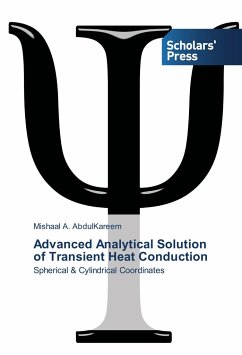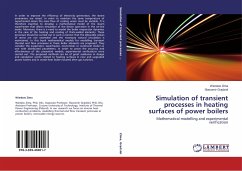
Simulation of transient processes in heating surfaces of power boilers
Mathematical modelling and experimental verification
Versandkostenfrei!
Versandfertig in 6-10 Tagen
30,99 €
inkl. MwSt.

PAYBACK Punkte
15 °P sammeln!
In order to improve the efficiency of electricity generation, the steam parameters are raised. In order to maintain the same temperature of superheated steam the mass flow of cooling water must be variable. It is therefore essential to develop a mathematical model of the steam superheater that allows simulation of the device operation in the on-line mode. Moreover, there is a need to model the boiler evaporator dynamics in the case of the heating and cooling of thick-walled elements. These processes should be carried out in such a manner that the allowable values of stress are not exceeded and...
In order to improve the efficiency of electricity generation, the steam parameters are raised. In order to maintain the same temperature of superheated steam the mass flow of cooling water must be variable. It is therefore essential to develop a mathematical model of the steam superheater that allows simulation of the device operation in the on-line mode. Moreover, there is a need to model the boiler evaporator dynamics in the case of the heating and cooling of thick-walled elements. These processes should be carried out in such a manner that the allowable values of stress are not exceeded and the necessary natural circulation is maintained. In this book mathematical models for modelling transient thermal and flow processes in these boiler elements are proposed. They consider the evaporator, superheater, economizer or waterwall model as one with distributed parameters. In order to prove the accuracy and effectiveness of the presented models, experimental verifications were carried out. The proposed methods can be of great assistance in design and calculation works related to heating surfaces in new and upgraded power boilers and in waste-heat boilers located after gas turbines.



